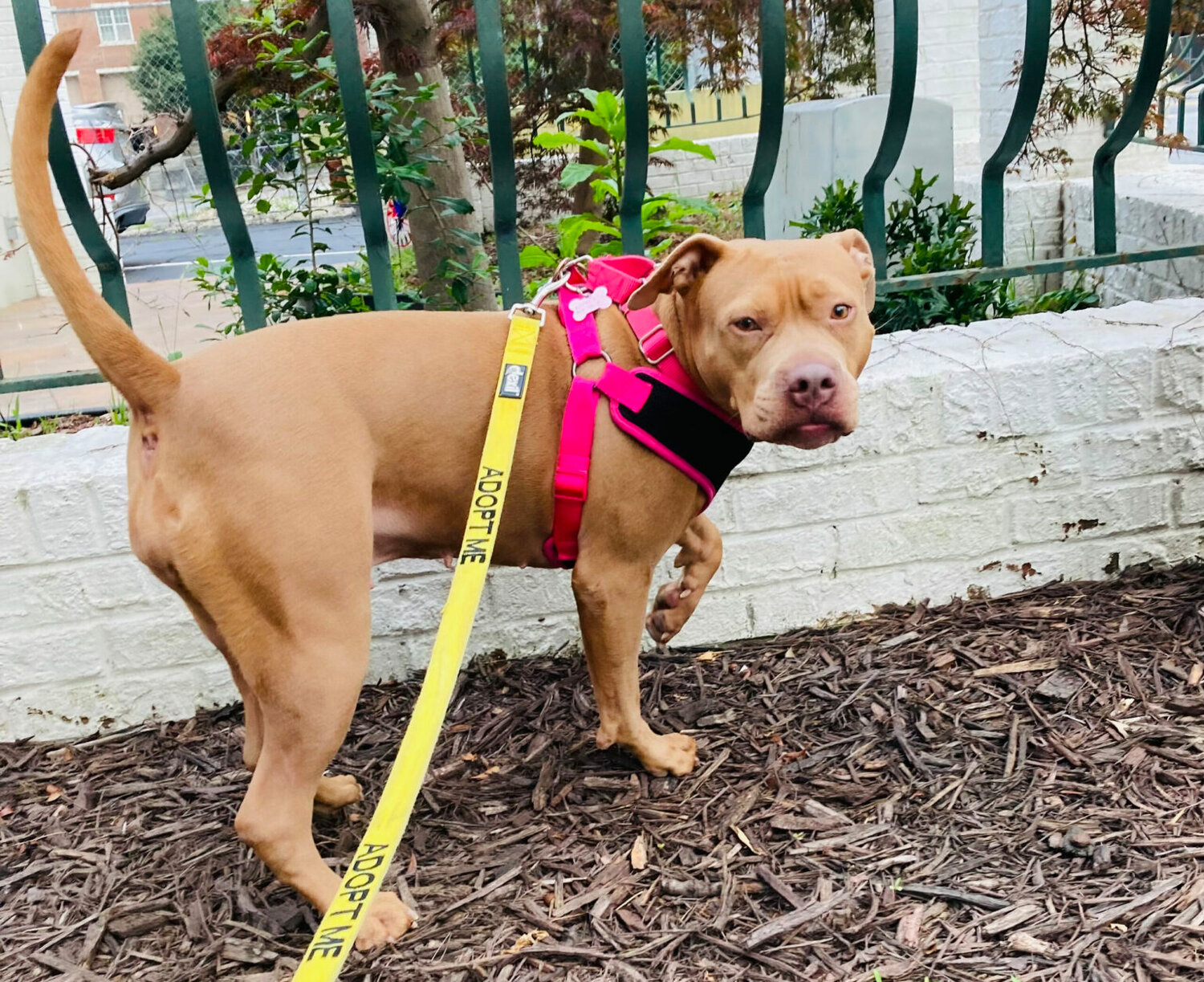With dangerously cold wind chills and air temperatures forecast to dip below zero degrees Fahrenheit, there are plenty of concerns this week for personal, pet and property safety across the Lehigh Valley region.
For those in need of somewhere to warm up, the United Way of the Greater Lehigh Valley lists the following details for local warming stations:
- River Crossing YMCA – Allentown Branch: Open through April 15, 7 p.m. to 7 a.m. daily. Meals will be served every evening. Address: 425 S. 15th St., Allentown. Entrance is on the south side of the YMCA lower parking lot. Phone: 610-351-9622.
- Bethlehem Emergency Shelter: Open through April 30, 5 p.m. to 7 a.m. with dinner served between 5:30 and 7:30 p.m., and breakfast-to-go bags distributed as guests depart. Address: 75 E. Market St., Bethlehem. Phone: 484-379-6694.
- Safe Harbor Easton/Greater Shiloh Church: Open through March 31, 7 p.m. to 7 a.m. Safe Harbor, 536 Bushkill Drive in Easton, 610-258-5540, hosts Monday-Wednesday. Greater Shiloh Church Chapel, 201 Brother Thomas Bright Ave. (lower level) in Easton, 610-252-5640, hosts Thursday and Friday.
For the most up-to-date listings, information on volunteering at these locations, and additional health and human services aid, the local United Way says to contact PA 211 East by phone at 211 or by visiting pa211.org.
The cold raises the risk of contracting hypothermia and frostbite, the National Weather Service says. Here’s how to avoid cold-related injury, according to the U.S. Centers for Disease Control and Prevention:
- Hypothermia: Hypothermia can happen when a person is exposed to very cold temperatures for a long time. Victims of hypothermia are often: older adults with inadequate food, clothing, or heating; babies sleeping in cold bedrooms; people who remain outdoors for long periods, such the the unhoused, hikers, hunters, etc.; and those who drink alcohol or use illicit drugs. Warning signs include shivering; exhaustion, feeling very tired or very low energy; confusion; fumbling hands; memory loss; slurred speech; drowsiness; and bright red, cold skin. Treatment includes getting the person into a warm room or shelter and removing any wet clothing the person is wearing.
- Frostbite: Frostbite is a dangerous condition that can happen when a person is exposed to extremely cold temperatures, and which can require hospitalization and lead to amputation. Risk factors that increase the chance of developing frostbite include poor blood circulation and dressing improperly for extremely cold temperatures. If you notice redness or pain in any skin area, get out of the cold or protect any exposed skin — frostbite may be beginning. As with hypothermia, treatment begins with getting into a warm room as soon as possible; put affected areas of the body into warm, not hot, water; do not rub the frostbitten area with snow or massage it at all — this can cause more damage.
Avoid slipping and falling on ice by following steps like wearing proper footwear and taking your time, the Mayo Health Clinic says. Find winter-driving tips, including on being prepared if you become stranded, from AAA.
When it comes to pets, Libre’s Law in Pennsylvania says dogs may be tied outside for no more than 30 minutes when temperatures are lower than 32 degrees (or higher than 90 degrees) and that owners must ensure fresh water remains available. Violations can lead upon conviction to jail time and fines. Report animal cruelty in Pennsylvania to the Pennsylvania SPCA by calling 866-601-7722. Find more cold weather safety tips for pets at aspca.org.
At your home or business, the American Red Cross says that if you turn on a faucet and only a trickle comes out, suspect a frozen pipe — likely places for frozen pipes include against exterior walls or where your water service enters your home through the foundation. Letting cold water drip from the faucet served by exposed pipes, even at a trickle, can help prevent pipes from freezing.
Consumer Reports also offers up additional tips for avoiding a costly plumbing problem caused by the cold, including:
- “Keep garage doors closed, especially if there are water supply lines in the garage.
- “Open kitchen and bathroom cabinet doors to allow warmer air to circulate around the plumbing, especially if your sinks are on an exterior wall. (If you have small children, be sure to remove any harmful cleaners and household chemicals.)
- “Keep the thermostat set to the same temperature during day and night. Again, during a cold snap is not the time to set back the thermostat at night to save a few bucks on your heating bill.
- “If you plan to be away during cold weather, leave the heat on in your home, set to a temperature no lower than 55° F.
- “For the long term, add insulation to attics, basements, and crawl spaces. Insulation will maintain higher temperatures in those areas. And to prevent drafts, seal cracks and openings around windows, doors, and at sill plates, where the house rests on its foundation.”
Visit consumerreports.org for additional information on protecting property from the cold, including advice on how to thaw frozen pipes.
Our journalism needs your support. Please subscribe today to lehighvalleylive.com.
Kurt Bresswein may be reached at kbresswein@lehighvalleylive.com.




